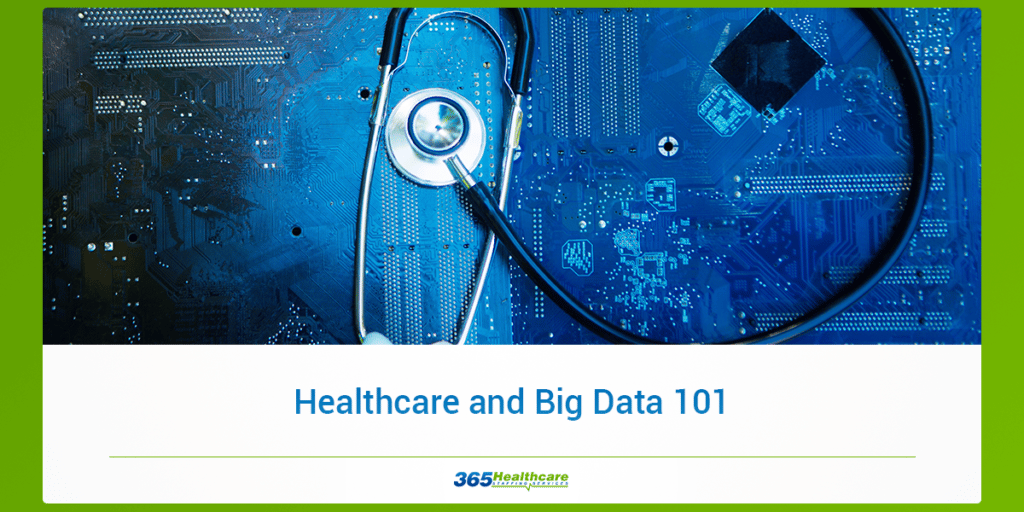Big data. The term sounds like it has to do with numbers in large quantities. It sounds far removed from individuals or from anyone’s health. Big data is everywhere, including healthcare. What exactly does that mean?
What is big data?
People toss the term around, but what does “big data” really mean? Bernard Marr examined How Big Data is Changing Healthcare for Forbes. He wrote, “The last decade has seen huge advances in the amount of data we routinely generate and collect in pretty much everything we do, as well as our ability to use technology to analyze and understand it.”
Marr continued, “The intersection of these trends is what we call ‘Big Data’ and it is helping businesses in every industry to become more efficient and productive.” The potential is huge. If Big Data can help industries become more efficient and productive, it can do the same for healthcare. When healthcare is improved in these ways, it can have a direct and positive impact on patients.
What’s the current status?
Clearly, big data offers enormous potential in healthcare, but where does it stand now? The simple answer is that it’s come a long way, but the possibilities are endless. “80% of medical data is unstructured and is clinically relevant,” according to Harness your data resources in Healthcare from IBM Big Data for Healthcare.
Changes are in the works, though. “Healthcare organizations are leveraging big data technology to capture all of the information about a patient to get a more complete view for insight into care coordination…and patient engagement and outreach.”
Why is this important?
Although big data sounds very distant from a particular patient, it isn’t. Consider this from Harvard Business Review: “Better knowledge and efficient assessment of disparate facts about patients at risk could mean the difference between timely intervention and a missed window for treatment.”
However, it won’t be easy to get to that point. Authors Nilay D. Shah and Jyotishman Pathak explain, “This is an important cultural challenge for both those who generate and those who consume the new knowledge.” They also emphasize that everyone involved must buy in if this is to be effective. “Users such as physicians, patients, and policy makers need to be engaged right at the beginning, and the entire research team should have a clear idea about how the new knowledge might be translated into practice.”
Time to focus on you
Are you searching for the ideal employment situation where you can use all available tools, including big data, to care for patients? At 365 Healthcare Staffing Services, we can help. Give us a call at 310.436.3650 today!


